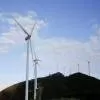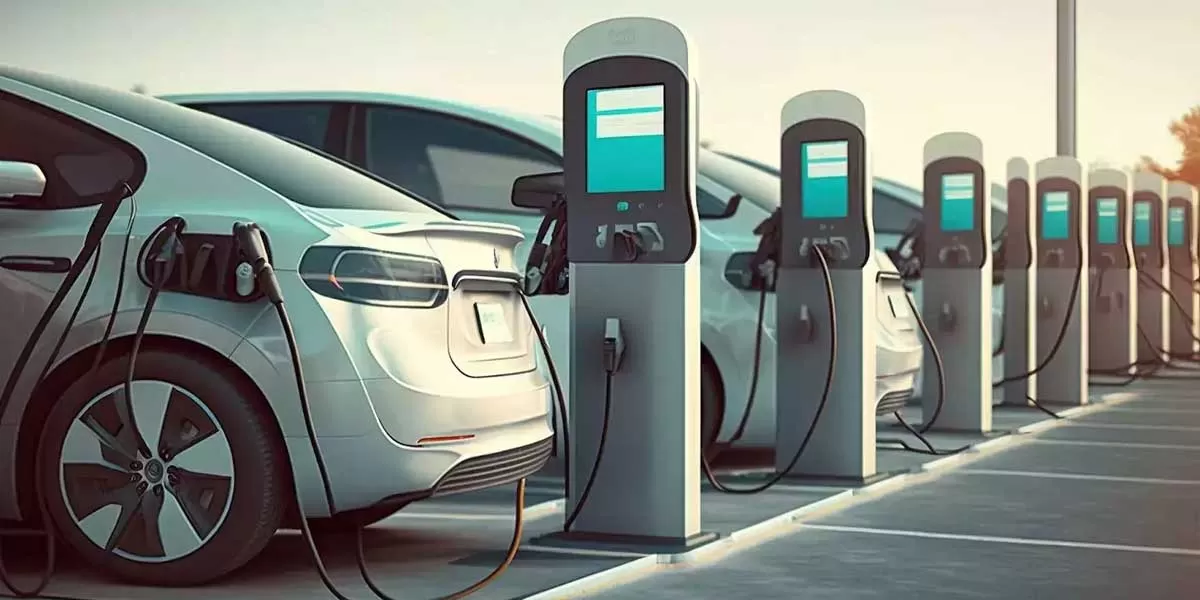
Madhya Pradesh's Draft EV Policy Proposes Subsidy for Four-Wheelers
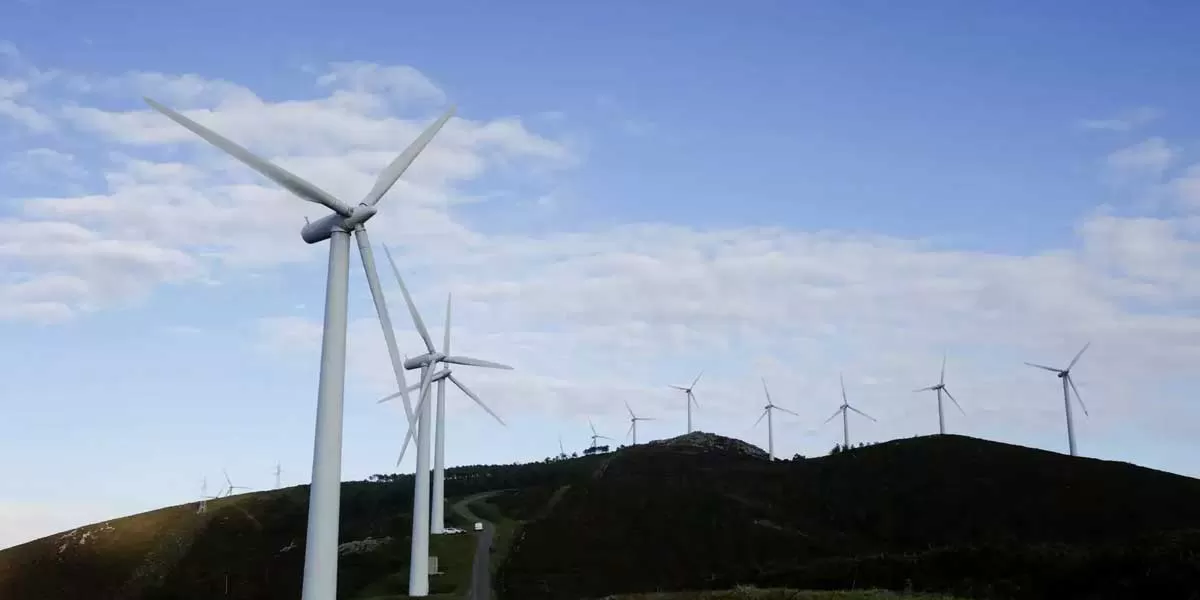
Amazon Invests in Three Wind Energy Projects in India
Amazon has announced significant investments in three wind energy projects across Karnataka, Maharashtra, and Tamil Nadu, which will generate over 379 MW of clean energy. This move underscores the company’s commitment to achieving 100% renewable energy operations.The projects, which are part of Amazon’s broader sustainability strategy, include the CleanMax Koppal project (100 MW) in Karnataka, BluPine Solapur (99 MW) in Maharashtra, and JSW Energy Dharapuram (180 MW) in Tamil Nadu. These developments are expected to help India in meeting its ambitious target of generating 50% of its electr..
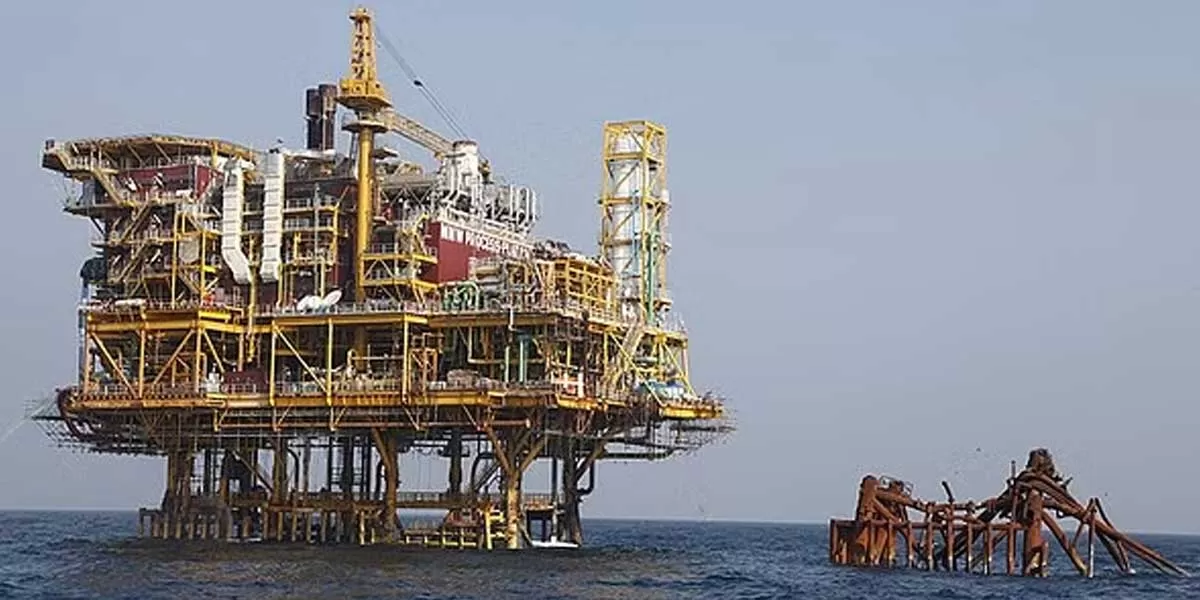
ONGC Inks E&P Pact With Bp
State-owned Oil and Natural Gas Corporation Limited (ONGC) and bp have agreed to explore opportunities for collaboration and partnership across the energy industry in India and internationally, focusing on oil and gas exploration and production, as well as trading and extending to other energy vectors. The two companies signed a memorandum of understanding (MoU) ahead of the India Energy Week. Under the terms of the MoU, bp will collaborate with ONGC to jointly explore and evaluate potential business opportunities in oil and gas projects both within India and internationally, the com..
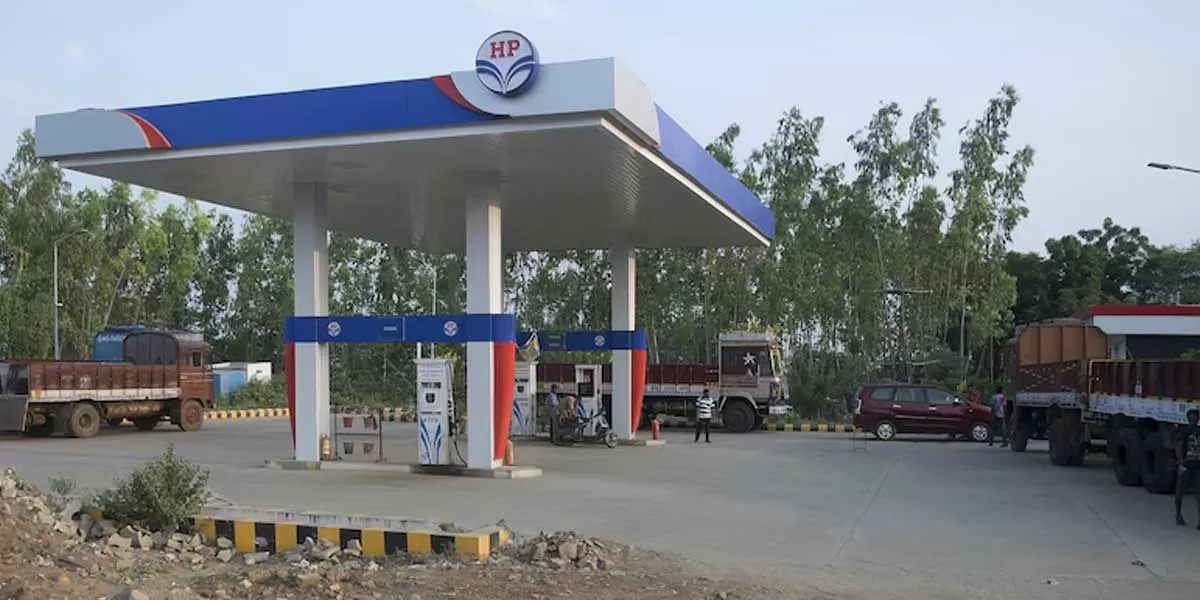
HPCL Plans To Raise Vizag Oil Refinery Capacity By 20%
State-run Hindustan Petroleum (HPCL) plans to increase the capacity of its Vizag oil refinery in southern India by as much as 20 per cent to meet growing local fuel demand .India is raising its crude processing capacity as the world's third-largest oil importer and consumer wants to be a major global refining hub while its fuel demand is expected to continue growing for the next decade. HPCL recently expanded the capacity of the Vizag refinery to 300,000 barrels per day and is looking for a further increase. HPCL will soon start operations at the Vizag refinery's new secondary units,..




